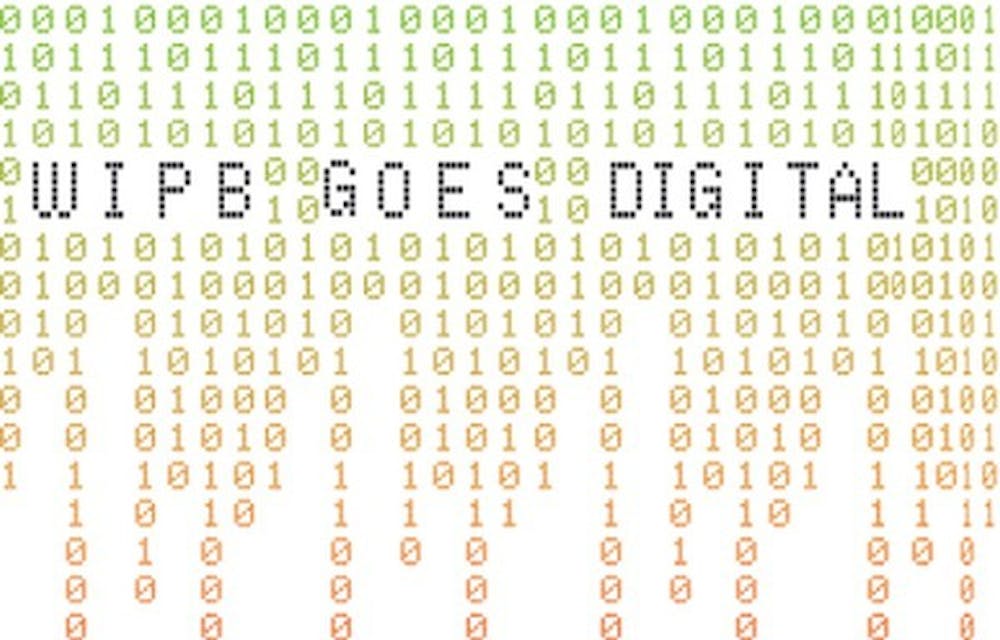About 2.4 million people in the WIPB viewing area will receive a strictly digital broadcast signal months before the national conversion, whether they want it or not.
WIPB switched from the analog to digital signal Tuesday at midnight. It was one of 10 stations in Indiana and 491 in the country to make the early conversion.
The Ball State University educationally affiliated station decided to make the switch based on financial constraints. The electricity it would take to keep broadcasting both signals through June 12 would cost an additional $30,000, according to a press release.
WIPB is also plagued by maintenance of its tower and transmitter. The transmitter was purchased in 1977 and a replacement tube installed a few years ago cost $7,500. The station's analog tower has been struck by lightning, totaling $10,000 in repairs, according to the press release.
However, an early conversion could lead to disenfranchised viewers. Even with the government-aided coupons to buy converter boxes and time spent advertising the change, some viewers still have not been able to adapt to the conversion.
Alice Cheney, general manager of WIPB, said she thinks the station has done enough to ensure its viewership is ready.
"We've done many on-air spots and worked with local media," Cheney said. "I think we've done as much as we can."
Barry Umansky, Ball State telecommunications professor and former deputy general council to the National Association of Broadcasters in Washington, said WIPB began broadcasting both an analog and digital signal in October 2005. Many broadcast stations across the state and country broadcasted purely analog signals for several years before having to broadcast both, he said. Umansky said the burden of broadcasting both signals without the years of pure analog broadcast was costly.
The digital conversion debate began in 1996 as Congress passed the Telecommunications Act of 1996. The act established Dec. 31, 2006, as the end of the transition to the digital television standard. But the December deadline was the first of two deadlines to be granted an extension.
Concern about the public's readiness has been a constant issue throughout the 13 years the conversion has been in the political limelight.
"Unless something is done by the people who aren't ready, people's televisions just may become big electronic paperweights," Umansky said. "If the coupons don't work or if you can't buy one, or borrow money to buy one, find a friend and use theirs."
Despite the time letting people know about the conversion, Cheney said she knows people will get confused now that the digital signal is in effect.
"We get calls every day," she said. "Once the info is explained, people seem to understand it. But, we're ready to take [the phone calls] on."



